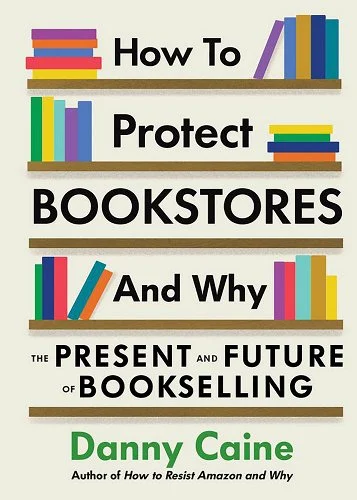Generations by Jean Twenge is a meticulous, detailed exploration of the six living generations – Silent, Boomer, X, Millennial, Z and Polars – and how and why they differ from each other. Using exhaustive data from a range of sources, Twenge explores how each generation approaches things like race, politics, sexuality, mental health, work, marriage, money, and more, and how those attitudes developed. I highly recommend Generations to pretty much anyone – there is so much to learn and so much that can be applied to areas like education, business, economics, parenting, and on and on.
Why I picked it up: Generations was on my radar as soon as it came out, and when my very discerning sister-in-law Liz read it and loved it, I knew I had to read it.
There is so much content in Generations that it is really hard to sum it up in a short review. I learned a lot about my parents and my kids – and myself, frankly – and have consistently flipped back mentally to this book since I finished it. I especially liked the last chapter, where Twenge makes predictions about the future based on the ways in which the generations, especially the Polars, vary. Polars are smaller than Gen Z, for example, which is going to have ramifications for school enrollments over the next decade. Oh, and by the time Gen X needs Social Security, it’s going to be gone. (Gen X, always getting shafted). She also talks about the future of work, where we will live, political ideology, and relationships.
Twenge’s main theory is that technology, above all other factors, has been the biggest driver of change among the generations. Gen Z, for example, was the first generation to grow up entirely with smartphones and tablets, which accounts for many of the traits and attitudes of people born in those years. She makes an especially strong case for the dangers of phones and social media, in terms of isolation, mental health and societal polarization, especially for Gen Z and Polars. This book is definitely a wake-up call, not because this is particularly surprising, but because the evidence about the effects of phones is just so stark.
I’ve read some criticism of Generations, mostly taking issue with Twenge cherrypicking data that supports her conclusions. Even if you don’t believe or agree with all of her theories, though, there is so much in here that you can draw your own conclusions based on the graphs alone. I found this to be an absolutely fascinating read and highly recommend it.
Generations was the 12th book of 2024 and satisfies the One Word Title category of the 2024 EDIWTB Reading Challenge.













About Me
I have been blogging about books here at Everyday I Write the Book since 2006. I love to read, and I love to talk about books and what other people are reading.